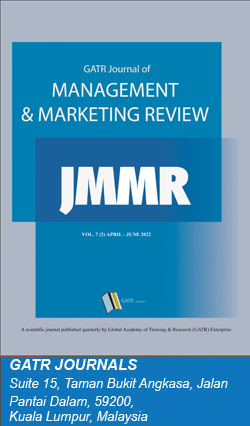Purpose -
This paper aims to examine the applicability of the Net Promoter Score (NPS) to Japanese consumers. The NPS measures the relationship between customer loyalty and corporate growth as an alternative to the conventional customer satisfaction index because of its simplicity and ease of understanding for managers. However, because of its simplicity, the NPS has been criticized for not considering the culture and consumer characteristics of the various countries in which it is used. In this study, we review Japanese consumers' response styles and examine a more adaptable measurement scale to the Japanese market.
Methodology -
The sales data and customer NPS ratings of four companies in four industries—a cosmetics brand, a fashion e-commerce company, a daily necessities manufacturer, and a credit card company—were collected, and the relationship between them was analyzed to examine the validity of NPS classifications for the Japanese market.
Findings -
The study yielded the following results. (1) Customers who give the highest ratings tend to exert a more positive impact on corporate earnings through sales (spending amount). (2) Median spending amount intersects with the recommendation score at around 6. (3) On an ordinal scale from 0 to 10, the recommendation frequency significantly increases at 5. Moreover, this study reveals that the NPS classification of consumers is inconsistent with Japanese customers' actual situation.
Novelty -
As an alternative to the Net Promoter Score (NPS), the Promoter Score Japan (PSJ) is proposed to measure customer satisfaction and produce more accurate recommendations in the Japanese market.
Type of Paper -
Empirical
Keywords:
Net Promoter Score; customer satisfaction; customer recommendation; response bias; net promoter ratio; extreme response style; midpoint response style
JEL Classification:
M31, M39.
URI:
http://gatrenterprise.com/GATRJournals/JMMR/vol7.3_5.html
DOI:
https://doi.org/10.35609/jmmr.2022.7.3(5)
Pages
129 – 137


